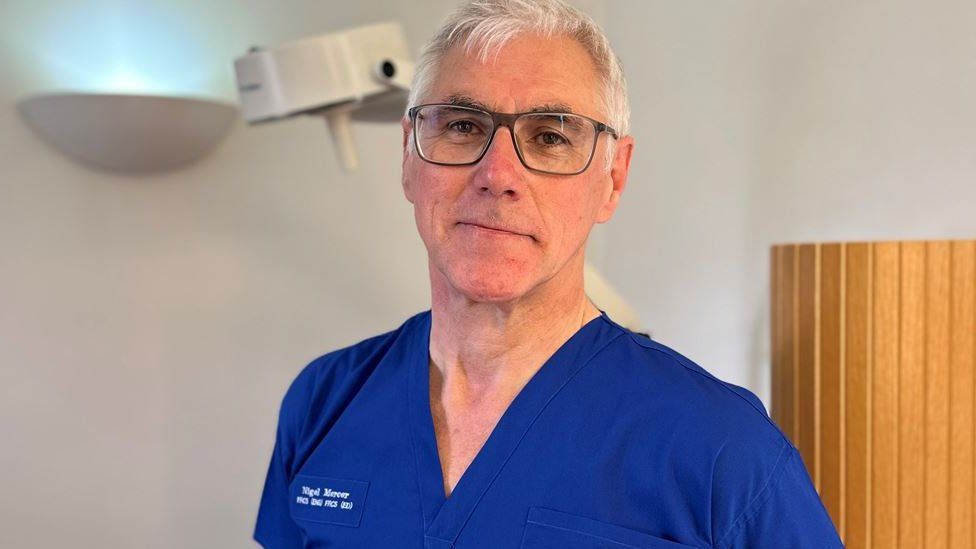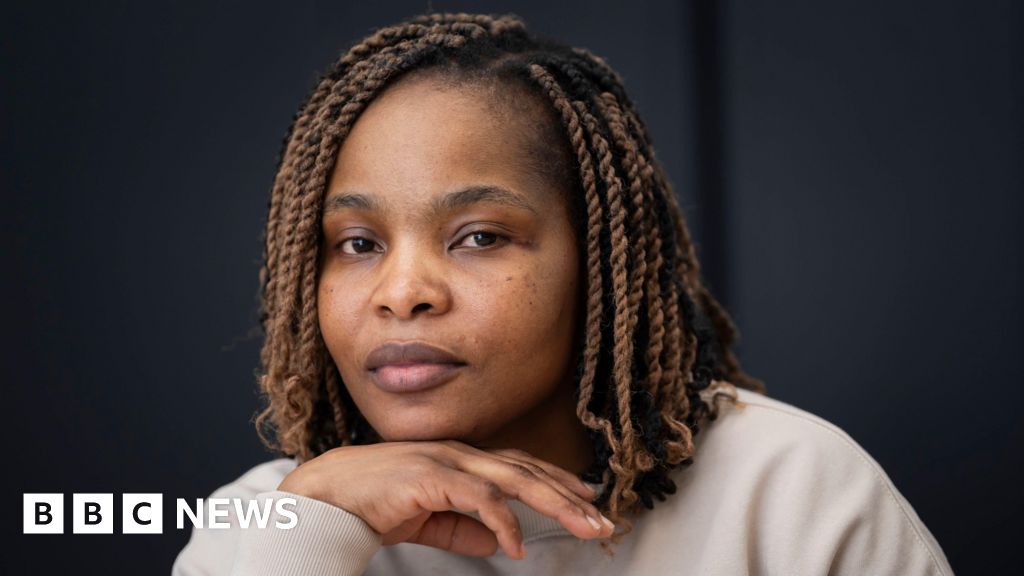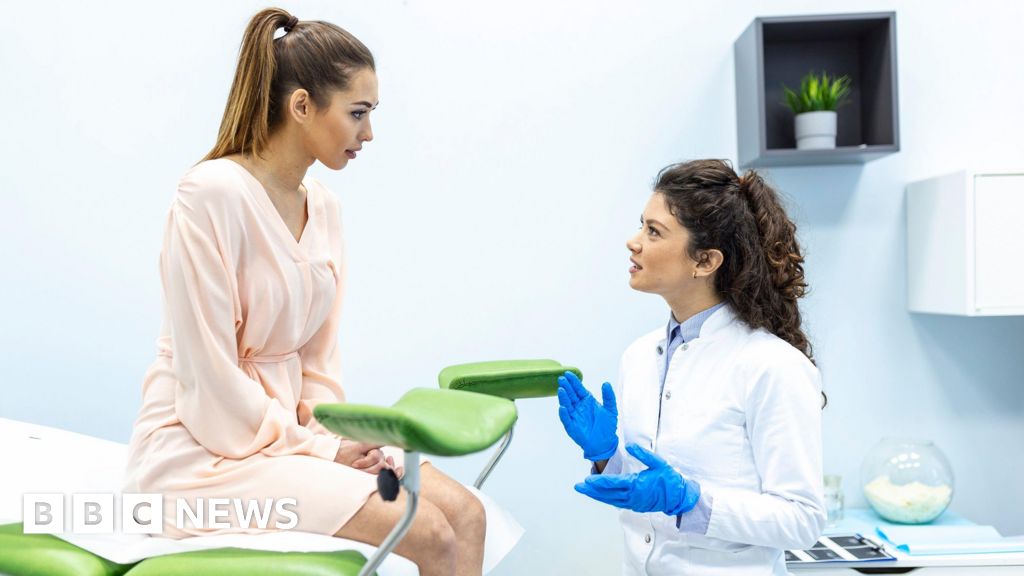ARTICLE AD BOX

Bristol surgeon Nigel Mercer said he is concerned about doctors coming through to replace his generation
By Matthew Hill
BBC West health correspondent
A leading surgeon says a major drop-out rate of trainee doctors is "an accident waiting to happen" for the NHS.
Nigel Mercer was tasked with prioritising surgery across the NHS during the pandemic when services were under intense pressure.
His biggest fear with what he sees as an up to 40% drop-out rate is whether there will be enough doctors to replace his generation of medics.
The government said the majority of trainees go on to work in the NHS.
"[But] at the moment everyone is so fed up with the system," Mr Mercer said
Concerns over pay and conditions are leading many trainees to consider moving to other countries, he said.
"You can get much more pay over in Australia and New Zealand and we reckon it's now 40% of medical graduates who are going to leave after their training and that's criminal," he continued.
"That's an accident waiting to happen, but if we don't produce high-quality paramedical staff there won't be the ability to train anybody.
"We can't just go and rip health professionals out of other healthcare systems, that's not appropriate."
Image source, PA Media
Image caption,Better pay and conditions are leading junior doctors to look to move to other countries, said one medic
A junior doctor from Southmead, who is leaving for New Zealand, told the BBC his pay would be £10,000 a year more than it is in England.
"Talking to people who have been out there, they feel so much more valued. They actually have a level of education when they are on the wards," he said.
"I know for my two years of experience as a doctor in the NHS it's meant to be a training programme. It's not a training programme.
"We are covering wards looking after really sick patients, because we are so stretched, because the system is so stretched and badly paid that we are not actually becoming the doctors that we should be."
Mr Mercer's work for the Federation of Surgical Specialty Associations has given him insight into how NHS operating theatres are underused due to short-staffing.
He said surgeons are going to the gym as theatres are unstaffed.
The 66-year-old said: "If you find they can only put one patient on the list because they have not got the staff, the surgeon used to say, 'This is not appropriate', but people have had the stuffing knocked out of them.
"Now they say, 'Well, if I can't do my list I will go the the gym', and we get paid whatever we do on that particular day if we do one or four cases.
"It's not your fault you haven't got four cases on this list it's the system and the problem now is the system is so creaking at every seam a lot of people have given up."
Mr Mercer said "the system is so creaking at every seam"
As reported in the British Medical Journal, England has the second-lowest doctor-to-population ratio in Europe, with a deficit of almost 50,000 doctors compared with the average.
The journal also stated loss of junior doctors was playing a major role in the workforce crisis, with 2019 data showing that only 35% of foundation doctors choosing to immediately begin an NHS training post.
Mr Mercer is calling for a royal commission inquiry to look at what the NHS can realistically offer, as well as opening the NHS to full capacity seven days a week.
A Department of Health and Social Care spokesperson said the "vast majority" of doctors trained in the UK go on to work in the NHS.
"We are focussed on boosting staff numbers and ensuring the NHS remains a great place to work and there are record numbers of staff including over 5,100 more doctors compared to last year," they said.
"The NHS will publish a long term strategy this year to help ensure the NHS has the workforce it needs for the future, backed by record funding to cut waiting lists and improve patient care."
Follow BBC West on Facebook, Twitter and Instagram. Send your story ideas to: bristol@bbc.co.uk
Related Internet Links
The BBC is not responsible for the content of external sites.

 1 year ago
46
1 year ago
46








 English (US) ·
English (US) ·